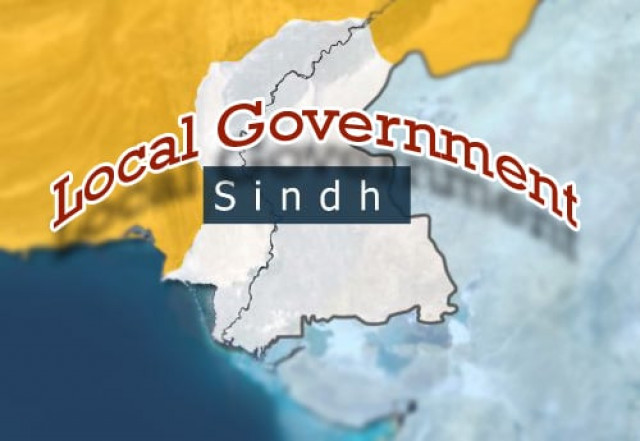Sindh local government law
With the local government law in place, we're one step closer to having local bodies elections.

The fact that there is a local government law in place is a good sign as it shows we are one step closer to having local bodies elections. PHOTO: FILE
Nevertheless, the fact that there is a local government law in place is a good sign as it shows we are one step closer to having local bodies elections. All the various political parties in Sindh will put up their candidates, the residents of the province will go out to vote once again and elect people who they can approach for solving problems in their immediate vicinity. This is an achievement as governance has devolved down to a level that is closer to the people. According to provincial minister Nisar Khuhro, this law is going to devolve political, administrative and financial authority to elected representatives which should lead to better governance compared with giving all authority to bureaucrats, who are not accountable to the people.
There are fears that the new law may create rifts between rural and urban centres or it may be ineffective if the power eventually lies with the provincial government, as those heading the municipal corporations will be answerable to the local government minister. We should hope that the elected representatives take a moral high ground and focus their attention on those who vote for them.
Published in The Express Tribune, August 21st, 2013.
Like Opinion & Editorial on Facebook, follow @ETOpEd on Twitter to receive all updates on all our daily pieces.



















COMMENTS
Comments are moderated and generally will be posted if they are on-topic and not abusive.
For more information, please see our Comments FAQ